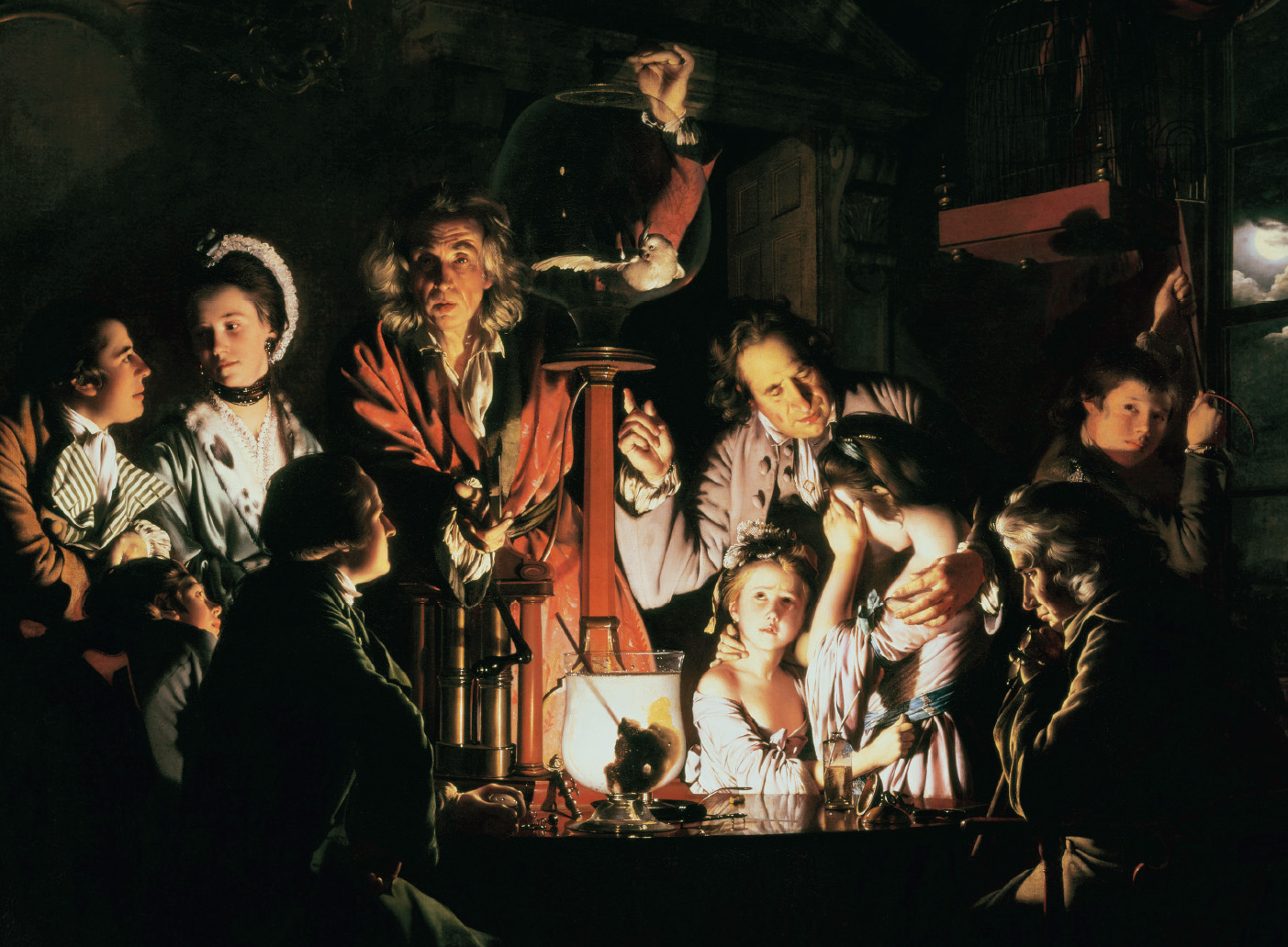Introduction for Chapter 16
16 Toward a New Worldview
1540–1789
The intellectual developments of the sixteenth and seventeenth centuries created the modern worldview that the West continues to hold — and debate — to this day. In this period, fundamentally new ways of understanding the natural world emerged. Those leading the changes saw themselves as philosophers and referred to their field of study as “natural philosophy.” Nineteenth-century scholars hailed these achievements as a “Scientific Revolution” that produced modern science as we know it. The new science entailed the search for precise knowledge of the physical world based on the union of experimental observations with sophisticated mathematics. Whereas medieval scholars looked to authoritative texts like the Bible or the classics, early modern natural philosophers performed experiments and relied on increasingly complex mathematical calculations. The resulting conception of the universe and its laws remained in force until Einstein’s discoveries at the beginning of the twentieth century.
In the eighteenth century philosophers extended the use of reason from the study of nature to human society. They sought to bring the light of reason to bear on the darkness of prejudice, outmoded traditions, and ignorance. Self-proclaimed members of an “Enlightenment” movement, they wished to bring the same progress to human affairs as their predecessors had brought to the understanding of the natural world. While the Scientific Revolution ushered in modern science, the Enlightenment created concepts of human rights, equality, progress, universalism, and tolerance that still guide Western societies today. At the same time, some people used their new understanding of nature and reason to proclaim their own superiority, thus rationalizing such attitudes as racism and male chauvinism. ■

CHAPTER PREVIEW
Major Breakthroughs of the Scientific Revolution
What revolutionary discoveries were made in the sixteenth and seventeenth centuries?
Important Changes in Scientific Thinking
What intellectual and social changes occurred as a result of the Scientific Revolution?
The Enlightenment
What new ideas about society and human relations emerged in the Enlightenment, and what new practices and institutions enabled these ideas to take hold?
Enlightened Absolutism
What impact did new ways of thinking have on political developments and monarchical absolutism?
Chronology
| ca. 1540–1700 | Scientific Revolution |
| ca. 1690–1789 | Enlightenment |
| ca. 1700–1800 | Growth of book publishing |
| 1720–1780 | Rococo style in art and decoration |
| 1740–1748 | War of the Austrian Succession |
| 1740–1780 | Reign of the empress Maria Theresa of Austria |
| 1740–1786 | Reign of Frederick the Great of Prussia |
| ca. 1740–1789 | Salons led by Parisian elites |
| 1751–1772 | Philosophes publish Encyclopedia: The Rational Dictionary of the Sciences, the Arts, and the Crafts |
| 1756–1763 | Seven Years’ War |
| 1762–1796 | Reign of Catherine the Great of Russia |
| 1780–1790 | Reign of Joseph II of Austria |
| 1791 | Establishment of the Pale of Settlement |